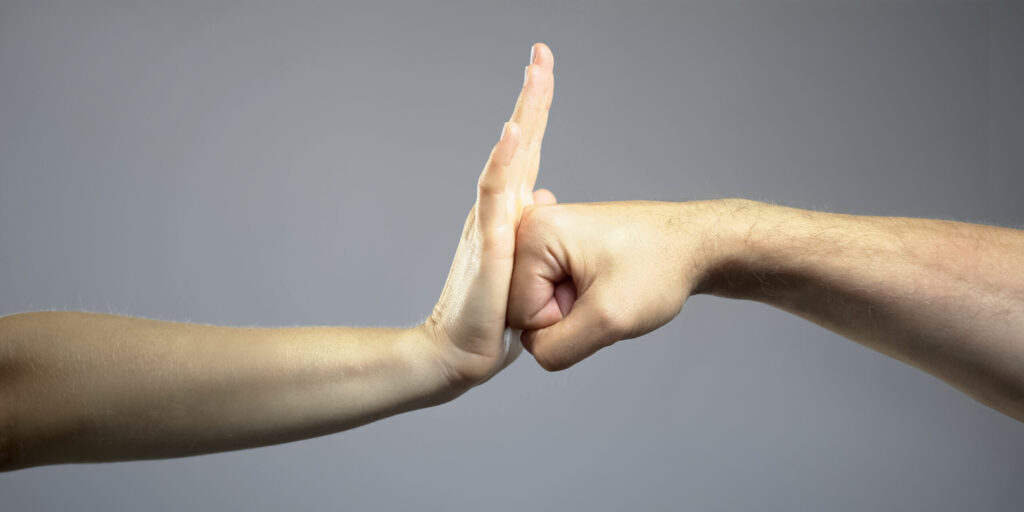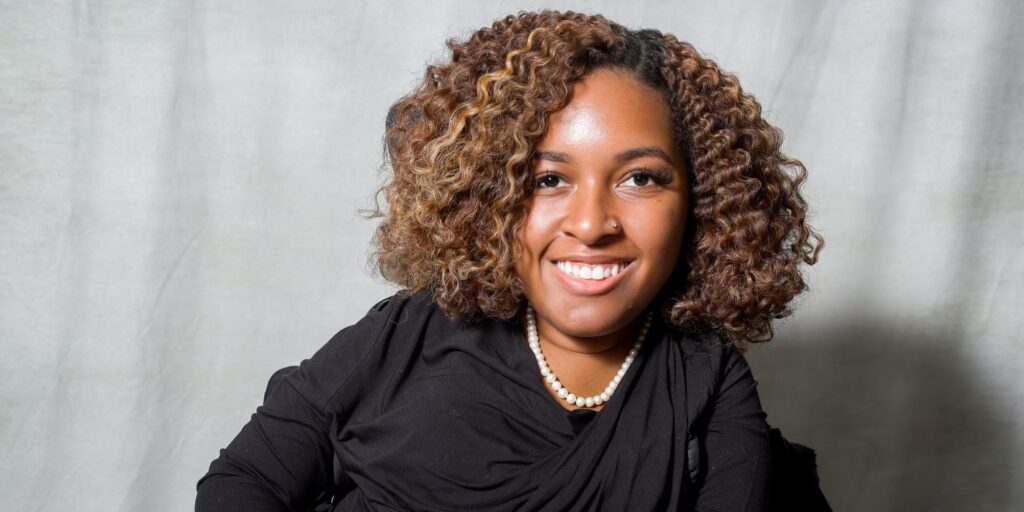
Self-Defense With a Disability
By Elizabeth Millard | Tuesday, February 28, 2023
Anyone can be vulnerable to a physical attack, but those with physical limitations and disabilities may be at increased risk.
A 2018 study conducted by the National Council on Disability about safety on college campuses found that students with a disability are more likely to be sexually assaulted than their peers without a disability. In that research, about 31% of female undergraduates with a disability reported being assaulted, compared to 18% without a disability. According to statistics from the US Department of Justice, the rate of nonfatal violent crime against people with disabilities was almost four times higher than for those without disabilities, and 1 in 3 robbery victims had at least one disability.
These are scary, unsettling numbers, and they highlight the importance of taking measures to keep yourself safe when you’re outside your home. Here are some tips and resources to consider.
Adaptive self-defense
Look for self-defense classes in your area and find out if any of them are adaptive or can be adapted for people with disabilities. Keep in mind that one-on-one training could be more effective than joining a general group class. Finding an instructor who has experience with disabilities and movement limitations is crucial. If you’re not sure where to begin, try the Adaptive Martial Arts Association, which serves as a clearinghouse for people seeking teachers, classes, and resources.
In-person practice with a qualified instructor who can offer real-time corrections and tips is ideal. If you don’t have access to a live class, virtual classes or videos on adaptive martial arts or self-defense can be a good option.
Courses like these can teach more than hands-on defense skills. They also tend to include scenarios where you can speak up for yourself, call out for help, and show assertiveness. For example, IMPACT: Ability, an in-person program in Chicago, teaches self-defense and self-advocacy to people with physical and mental disabilities to help them understand and prevent abuse.
Disability Partnerships, a community-based nonprofit organization in Maryland, offers virtual adaptive fitness, boxing, and self-defense classes. “We designed the [self-defense] program to help encourage the safety of the disability community,” says Tamara Gallman, founder of Disability Partnerships. “It is designed to help strengthen, empower, and combat the attitude and belief that people with physical disabilities are less capable of defending themselves.”
Another adaptive option is a virtual-reality training program, like those offered by the Modern-Self Defense Center.
Build awareness and carry protection
No one enjoys thinking about worst-case scenarios, but it’s crucial to stay alert and be aware of everything happening around you when you’re out and about. Brandon Ryan, who has cerebral palsy, wrote in The Mighty: “Self-protection is simply knowing what’s going on around you — knowing your surroundings, knowing where the exit doors are in a restaurant or theater. It’s knowing who’s around you; if someone or something gives you an uneasy feeling, listen to it.”
Brandon has learned some basic striking moves for self-defense and suggests carrying a small object that can be used as a weapon, like a flashlight or pen.
Another writer, Ashlee Lundvall, mentions in an essay that when she is going places on her own in her wheelchair, she likes to position herself where she can see the exits and no one can get behind her. She also suggests carrying pepper spray or a small air horn, but those can be challenging if you have weakness in the upper body and arms. In that case, look for easy-to-activate personal alarms that can draw attention to you and scare off attackers, such as a Siren Personal Safety Alarm, Hootie, or Mace Brand Personal Alarm.
As you go about your activities, keep your phone handy and don’t hesitate to call 911, even if you feel like it might be a false alarm. Familiarize yourself in advance with the emergency safety features on your phone, so you can make that call faster.
If you feel unsafe, don’t brush aside that feeling — call for help, get to a location that is more populated, and be ready to use your self-defense skills or tools if necessary.
You may not be able to change the troubling statistics about crime, but by thinking about and preparing for what you’d do in a bad situation, you can feel more protected, confident, and empowered wherever you are.
Next Steps and Useful Resources
- Looking for resources and activities in your community? Contact the MDA Resource Center at 833-ASK-MDA1 or ResourceCenter@mdausa.org.
- Stay up-to-date on Quest content! Subscribe to Quest Magazine and Newsletter.
Disclaimer: No content on this site should ever be used as a substitute for direct medical advice from your doctor or other qualified clinician.




